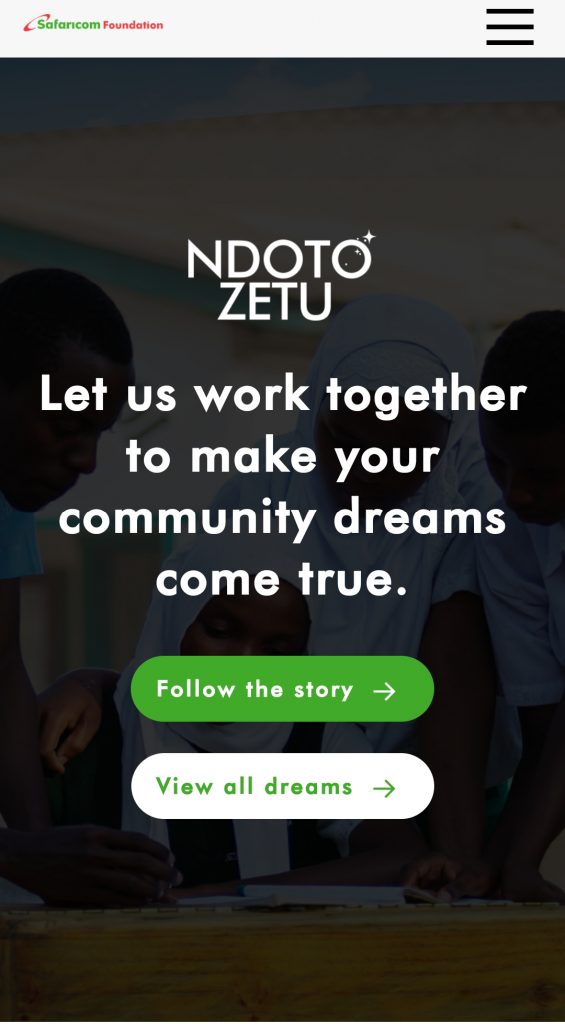How Covid-19 Has Affected Learning in Kenya

The COVID-19 pandemic is unprecedented. I have probably used the word unprecedented more times over the past year than I have in my entire life, but that is the aptest description of this global pandemic.
The pandemic led to lockdowns and quarantines across the world, affecting every sector. One of the most hit was the education sector. It goes without saying that not being able to leave your house or your neighborhood means that your kids or even yourself cannot attend school.
This presented a huge challenge for governments, schools, parents, and students as the importance of education cannot be underestimated. However, there was no way schools could remain open as they would be a hotspot for COVID-19 transmission. Innovative solutions were required.
E-learning was pushed forward as an alternative and children found themselves sharing screens with their parents who also had to work from home. Platforms like Zoom became the classroom and teachers worked to deliver online lessons.
Homeschooling has been a fringe way to educate children and associated with wealthy, suburban families. The Kenya Institute of Curriculum Development (KICD) also provided timetables for students in primary and secondary levels. It acted as a guide for parents and students in planning their classes. The timetable was accessible to everybody whether they had an internet connection or not.
The online solution however, was only beneficial to children from classed families. Most Kenyan families do not have access to computers in the home, and some even have to deal with bigger issues that limit access like internet connectivity and electricity.
There is also the reality that the increased poverty because of economic stagnation due to the pandemic has made it difficult for already struggling families to stay afloat. Schools closing meant vulnerable children were missing their guaranteed daily school meal(s) and their nutrition was affected.
Unfortunately, teens not being in school for almost an entire year led to a rise in teenage pregnancies. Teenage pregnancy was already an issue in Kenya, but it has reached dizzying levels during the pandemic.This is yet another classed issue as girls affected are from vulnerable backgrounds.
It was reported that over 4,000 girls from Machakos County had gotten pregnant during the lockdown period. There’s a lot of evidence that vulnerable girls are being used by their families to earn some income. Unfortunately, this puts them in a position to be abused by men, who need to be prosecuted, to make a living.
I am yet to be convinced that the government has robust solutions to this issue as most of the rhetoric is victim-blaming and not enough on the way forward when the issue is predators and increased poverty due to the pandemic.
The closing of schools also meant that national exams were postponed indefinitely. Given that schools closed even before the first semester was over, questions arose as to whether students would have to repeat classes once learning resumed. Education CS Magoha issued a statement saying that all learners except those who were sitting for their final examination would remain in the same class once schools reopened, making all the online learning unnecessary.
In higher learning institutions, classes resumed back in September 2020 and the President issued a directive to review the 2021 academic calendar for the remaining students. Students in primary and secondary school would resume classes in January for their second term then break in March 2021 to allow K.C.P.E and K.C.S.E candidates to sit for their exams. They will then return to school to complete their third term.
Learning has resumed in the country and was difficult in the first few weeks as a few teachers succumbed to COVID-19.
In recent times, things seem to be back to as normal as they can be under the circumstances. It goes without saying that the pandemic experience has been traumatizing for children and they are hopefully receiving enough psychosocial support even as they resume their education.
http://www.mwendengao.com/2021/01/22/how-covid-19-has-affected-learning-in-kenya/Mwende saysCOVID-19,education



Leave a Reply